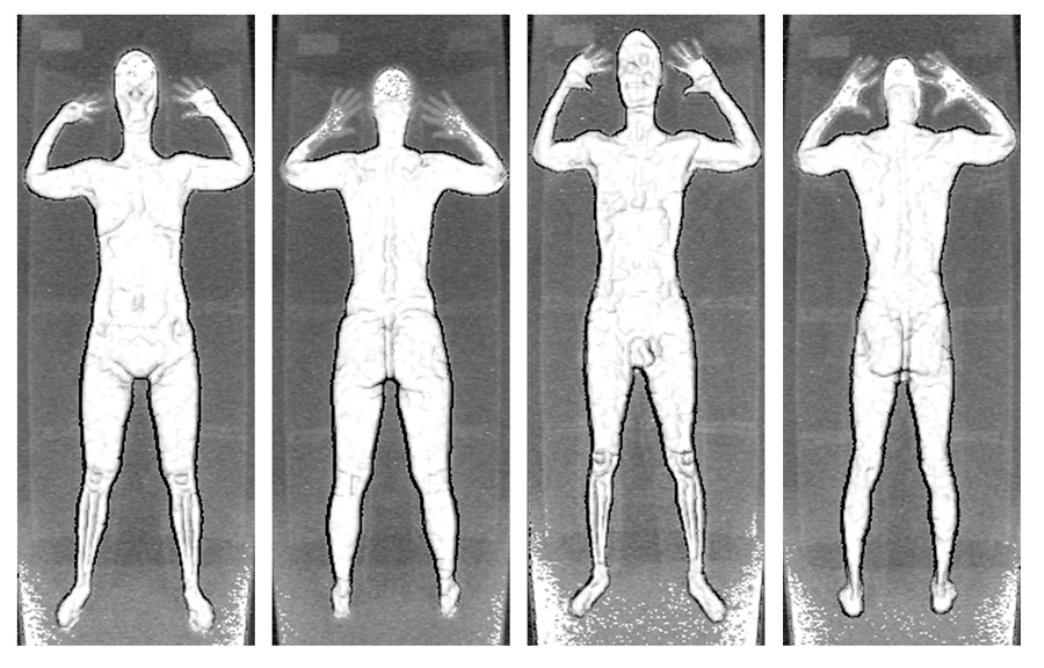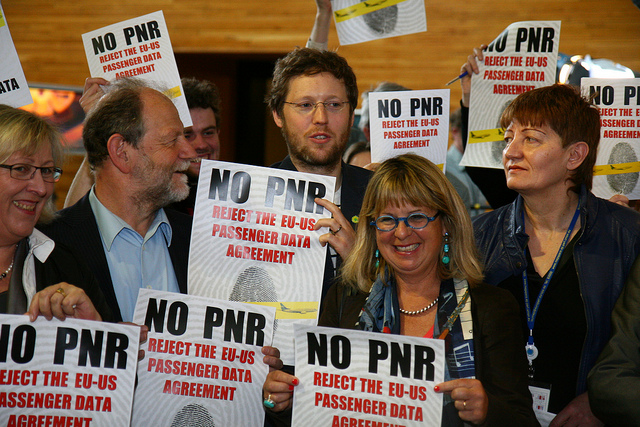Will the TSA ever follow any rules?
The TSA is a lawless agency, and its checkpoints are a domestic counterpart of Guantanamo:
- There are no rules saying what travelers do or don’t have to do at TSA checkpoints.
- All of the “procedures” we are required to comply with are secret.
- No “no-fly” order has yet been reviewed on its merits by any court. The head of the DHS said that no-fly orders should never be subject to judicial review. (That was former federal judge Chertoff, when he was Secretary of Homeland Security. Neither the current Secretary nor any other DHS or TSA official has repudiated Chertoff’s statements.)
- The TSA has never conducted any administrative “rulemaking” concerning any of its (secret) checkpoint “rules” or “procedures”.
A formal rulemaking wouldn’t prevent the TSA from adopting unconstitutional rules. But it would provide an opportunity for public review of proposed checkpoint rules or procedures, public submission of comments on them (such as, “These are unconstitutional and violate our human rights”), public knowledge of what rules have been adopted, and a (relatively) straightforward procedural pathway for judicial review of those rules. This last, presumably, is why the TSA has avoided the formal rulemaking process, instead either issuing secret administrative “directives” to airlines and checkpoint staff, or standardless ad hoc administrative orders for which no basis at all is disclosed.
Three years ago, we were among the signers of a petition to the TSA requesting that it conduct a formal rulemaking concerning its deployment of “virtual strip-search” machines as a primary “screening” mechanism, and its requirement that travelers submit either to these “whole-body” scanners or to even more intrusive whole-body groping by checkpoint staff.
Two years ago, after that petition was ignored, EPIC filed suit to compel the TSA to conduct such a formal rulemaking concerning the “naked scanners”. (That’s separate, of course, from the logical protest response of getting naked ourselves to show the checkpoint staff that we pose no threat.)
A year ago, the Court of Appeals for the D.C. Circuit upheld EPIC’s complaint, ruling that the TSA must “act promptly” to conduct such a formal rulemaking:
[T]he TSA has advanced no justification for having failed to conduct a notice-and-comment rulemaking. We therefore remand this matter to the agency for further proceedings. Because vacating the present rule would severely disrupt an essential security operation, however, … we shall not vacate the rule, but we do nonetheless expect the agency to act promptly on remand to cure the defect in its promulgation.
For more than a year since then, the TSA has done nothing to even begin the rulemaking process.
Our friend Jim Harper at the Cato Institute has started a petition asking President Obama to order his executive-branch underlings at the TSA to obey the court’s order and start the rulemaking. If it gets 25,000 signatures by August 8th (it currently has 18,000 and counting), White House policy is to provide a public “reply” to the petitioners.
We’re not too optimistic as to what that reply will be, judging from the response from the TSA on behalf of the White House to last year’s petition by more than 30,000 people calling for the TSA to be entirely abolished, not just subjected, at least in part, to the rule of law.
EPIC has supported the petition campaign, but has also continued to litigate: Last month EPIC asked the Court of Appeals to set a date certain by which the TSA’s “whole-body imaging” program would be “vacated” by the Court if the TSA hasn’t begun a formal rulemaking for it. On Wednesday of this week, the Court ordered the TSA to respond to EPIC’s latest motion by the end of August.
Slowly, slowly, with the government resisting at every step, we crawl toward subjecting the homeland-security state and its attacks on our rights to the rule of law.

